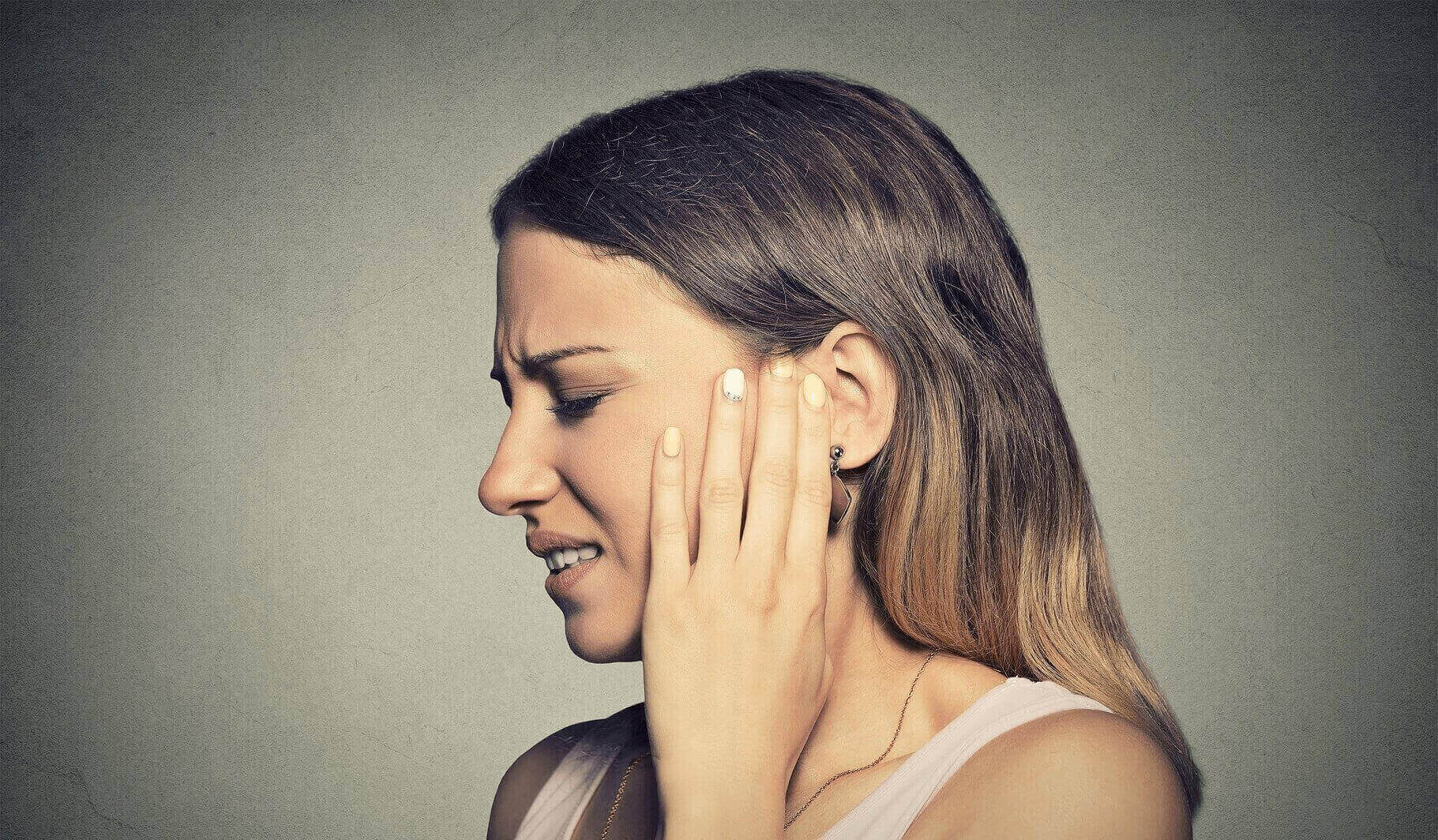Noise-induced hearing loss: Prevention and treatment tips

Noise-induced hearing loss: Prevention and treatment tips
2 minutes
Published 15 June 2023
15 January 2025
How does it occur?
Excessive exposure to loud sounds can lead to damage in the delicate inner ear structures responsible for transmitting sound to the brain. Whether it's a sudden loud event or prolonged exposure, the risk of noise-induced hearing issues increases. When sound waves enter the ear, the delicate hair cells in the inner ear can be damaged, impacting their ability to transmit signals to the brain. This damage can result in noise-induced hearing challenges. Safeguard your hearing by being mindful of exposure to loud environments.
What are the symptoms?
In the realm of NIHL, changes to your hearing can manifest gradually or instantly. Repeated exposure to loud noises over time or a sudden, intense noise can lead to hearing deterioration. Common symptoms include:
• Feeling of pressure or fullness in the ears.
• Difficulty hearing over background noise, such as TV or conversations.
• Challenges understanding speech, often perceived as mumbling.
• Trouble hearing softer voices, like those of women or children.
• Tinnitus, characterized by a ringing or buzzing in the ears.
What are the causes?
Exposure to loud noises, whether prolonged or a single intense event like fireworks or gunfire, can lead to noise-induced hearing loss (NIHL). This can occur from activities such as listening to loud music or using machinery. To safeguard your hearing, consider wearing protective gear like earplugs or defenders in situations where loud noises are anticipated.
What treatments are available?
Regrettably, the effects of noise-induced hearing loss (NIHL) are irreversible, and there is currently no clinical treatment to reverse the condition. The most effective strategy is prevention, involving the use of ear protectors, noise-cancelling headphones, and avoiding exposure to loud noises. Taking proactive measures, such as using protective gear and minimising exposure, is crucial to preventing further damage if you are already experiencing NIHL
Can it be prevented?
Preventing noise-induced hearing loss (NIHL) is within reach, and adopting simple precautions can significantly reduce the risk for both children and adults.
In everyday life:
Avoid or limit exposure to overly loud sounds: steer clear of loud events and reduce the volume of music, TV, or podcasts.
Limit headphone use: opt for noise-cancelling headphones over earbuds to protect your ears.
Move away from loud sources: create a safe distance from loud noises, especially in environments like concerts.
Use hearing protection:
In loud environments: employ earplugs or other devices to reduce exposure to loud sounds.
At work: employers should implement measures like sound-absorbing materials, provide hearing protection options, and ensure ongoing training to prevent NIHL.
Regular hearing checks are crucial if you're frequently exposed to loud noise, whether at work or during leisure activities, helping monitor any changes. Safeguard your hearing for a healthier future.
Frequently asked questions
Author
Boots Hearingcare
Boots Hearingcare



